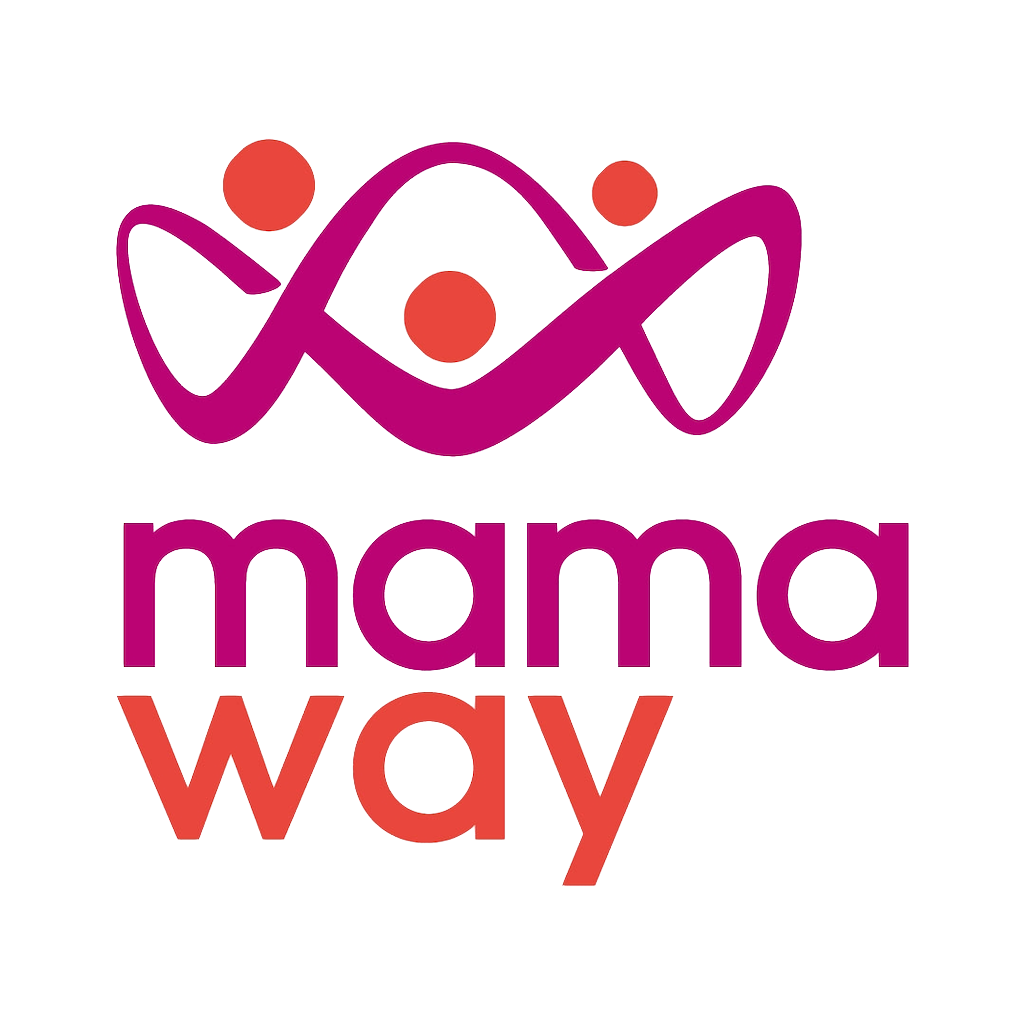If you’re thinking of introducing solids to your baby, best practice today states to commence its introduction before the baby is six months, but not before four months of age. Here’s what you need to know…
HOW DO I KNOW WHEN BABY IS READY FOR SOLID FOOD?
Here are some sneaky signs to keep an eye open for:
- He has good neck control and can sit upright, when supported.
- He opens his mouth when offered a spoon;
- He displays interest in your food;
- He reaches out toward your food (and MAY snatch it!);
A lot of patience is required whilst baby learns how to eat and every baby will be different. If your bub, by 7 months, is refusing solid food, have a chat with your healthcare provider.
WHAT TO KNOW…At different ages/stages, your baby will require different textures. For example:
- 4-6 month olds – He’ll love smooshy/pureed foods;
- 7-8 month olds – Mashed and semi-lumpy foods (even though they don’t look so good);
- 8-9 month olds – Finger food (where life gets interesting);
- 12 month olds – Similar meals to the rest of the family. No more double meal prep, yay!
Aim to give baby loads of variety and from each food group.

WHICH SOLIDS DO I INTRODUCE?All food groups are required, but in no particular order….
- Cereal foods – pasta, fortified cereals, breads, corn, oats and rice;
- Meats products – lamb, beef, seafoods, cooked egg and legumes;
- Fruit and vegetables – a wide variety and fresh/cooked, dependent on age/stage;
- Dairy – cheese and yogurt. Cows milk (when over 12 months).
Introduce foods, one at a time, and with 24-48 hour intervals in between. If the food causes an allergic reaction, stop. In the case of emergency, call an ambulance.
A WORD ON FOOD ALLERGY…Over the past ten years, peanut allergies have doubled in western countries but it’s believed that one of the solutions is perhaps easier than once thought.
According to the Department of National Health, ‘delaying the introduction of solids much beyond six months may result in the baby not getting enough nutrients, and may increase the possibility of allergies’.
- GIVE peanut products
There’s been a total turn-around on this one, mums.Latest advice states that peanuts (not whole ones, as they are a choking hazard!), but peanut products eg. peanut butter, should be introduced between 4 and 12 months.
This advice is true for babies with severe eczema and babies with other allergies as well as those with a family-history of allergy, agrees Claire McCarthy, MD, FAAP and primary care pediatrician at Boston Children’s Hospital.
If you have good reason to believe your infant IS allergic/anaphylactic to a peanut product, try-out their first taste of peanut butter, whilst visiting your GP! Of course, if the infant already has a known peanut allergy, DO NOT you must avoid these foods. - GIVE egg products
Likewise, egg products (cooked only) should be introduced early for the same reasons, specified above.The introduction of solids can be a fun (and messy!) time, full of firsts. After all, food is more than just an offering of nutrients for baby’s growth and development. Food offers baby new experiences for exploration and an enjoyment of vast arrays of texture, taste, colour and shape.
In addition, eating solid foods will develop baby’s jaws and teeth that will be required for his later language development – he’ll then be able to tell you exactly what he will eat and what he won’t!

LUCY HERCUS
Mum of six fabulous kids and foster-mum to numerous others. Event manager, doula, childbirth educator, lactation counsellor, owner of Sydney Birth Support, Mamaway Advocate and an encourager of all mums out there giving it their best crack!

Leave a Reply